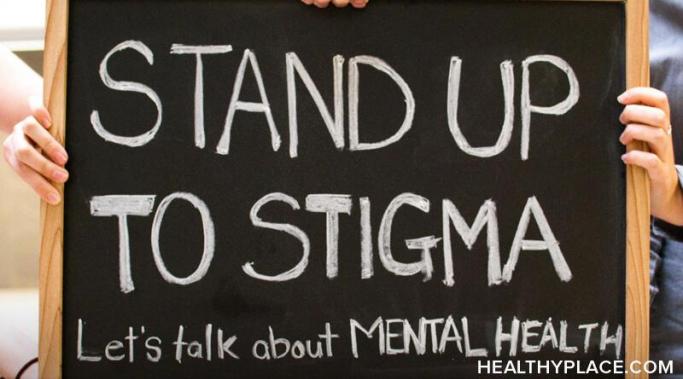Blogs
I have wasted so much time trying to orient myself while traveling thanks to my attention-deficit/hyperactivity disorder (ADHD) and my lack of sense of direction. My iPhone battery is a precious resource when I have to constantly check its GPS. I try to inform others that I have a terrible sense of direction, but many still seem surprised at my incompetence (ADHD: Better Late Than Never?). The connection between ADHD and a sense of direction is more complex than I realized.
In the course of my recovery, there came a time when I wanted my abusers to suffer. Most people who have been, or are being abused, don't seek help. Statistics on abuse show that as many as 60 percent of perpetrators are never prosecuted. In my case, my abusers were never called to account for their actions. When I began to talk about my abuse and work through all that had occurred, I came to a point where I was angry and resentful. My nightmares of abuse shifted to ugly visions of ways in which I could cause as much suffering to them as possible without killing them. I had to work to reconcile these intense emotions where I wanted to make my abusers suffer to continue healing.
Mindfully choosing music for playlists is my favorite coping mechanism to relieve anxiety and depression, and listening to the music and lyrics later improves my mood. Some lyrics give us a sense of hope that life will get better; others help us find comfort in knowing that we are not alone. Choosing music for playlists mindfully positively impacts my mood. Here's how making playlists helps me cope.
Awareness weeks for mental health are critical. The sheer mention of an awareness week of any sort may already have you groaning. I know I’ve heard and seen comments from people complaining about how there’s an awareness week for everything. That could be true, but they’re a vital part of the dissemination of information and breaking down stigmas associated with whatever cause they’re for. For causes such as mental illness awareness, awareness weeks are an especially poignant way to demystify what mental illnesses are and are not.
Breaking mental health routines can be hard. Nobody likes moving homes; it's never easy packing up everything you own to start over somewhere new. But it's even more difficult knowing you're going to have to break your mental health routines, the routines that keep you sane, and start all over again.
Several weeks ago, another blogger triggered a heated discussion on a minor’s rights to mental health privacy when they suffer from mental illness. Readers chastised the author for disclosing too much information about her child. And that made me ask: where is the line when it comes to minor's mental health privacy.
I’ve written before how critical sleep is to those with bipolar disorder but just how sensitive is bipolar disorder to sleep changes and what can you do about bipolar’s sensitivity to sleep changes? It’s important to know what happens with your bipolar disorder when your sleep patterns change, even a little. That sensitivity can make all the difference to your day and what coping skills you choose to employ. But how big a change in your sleep does it take to affect your bipolar disorder? How do you deal with sleep changes with your bipolar disorder if you detect them?
Sleep problems are common with childhood attention-deficit/hyperactivity disorder (ADHD). Parenthood and sleep don’t mix, and if you have a young child with ADHD, you’re probably getting even less sleep than other parents. Sleep problems with childhood ADHD are common and the sleep problems come in many forms (ADHD and Sleep Disorders). The methods we use to get our children to sleep come in many forms as well.
Certain coping skills for women can make a significant difference in anxiety presentation. That’s the takeaway from a new study of 10,000 women that looked at anxiety levels, stressful life circumstances, and self-reports on stress and coping.1 But what do those coping skills for women look like? Are they things we can learn?









